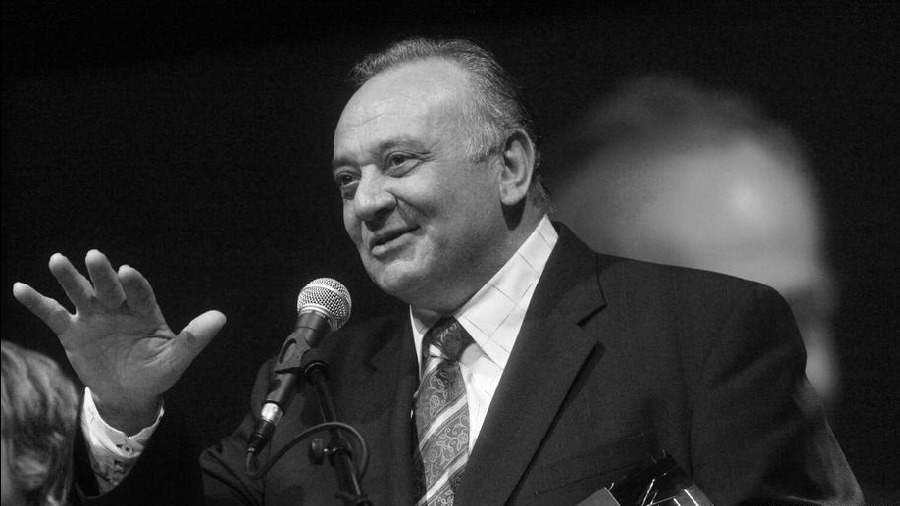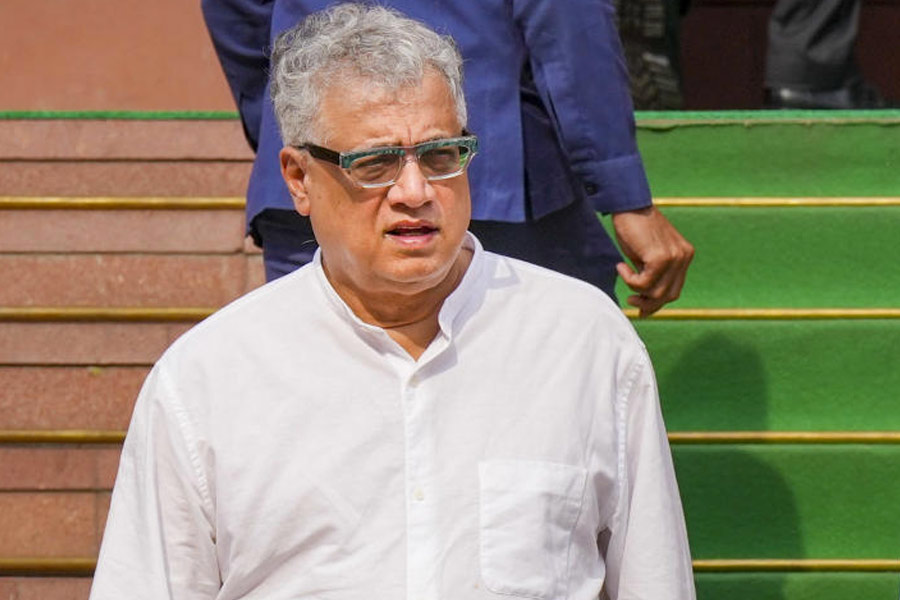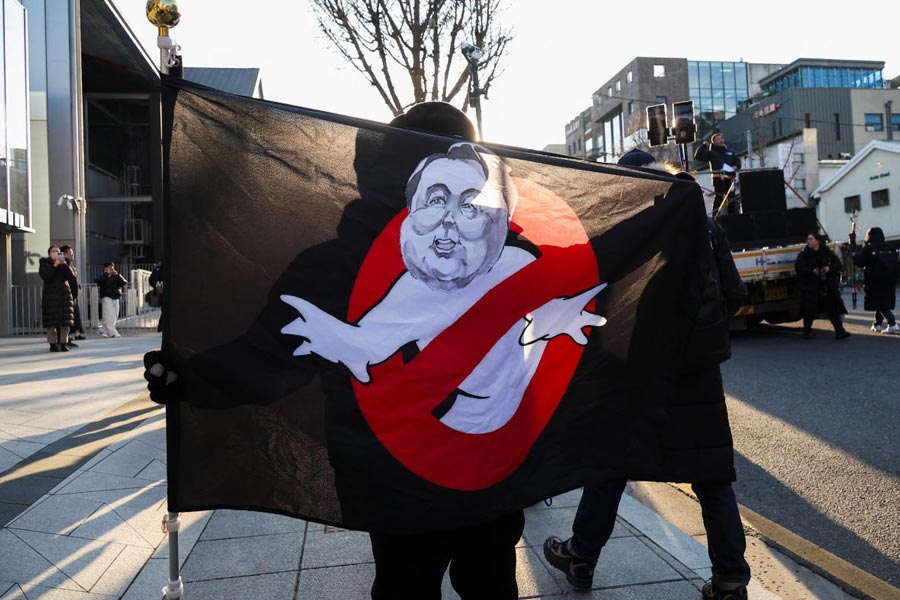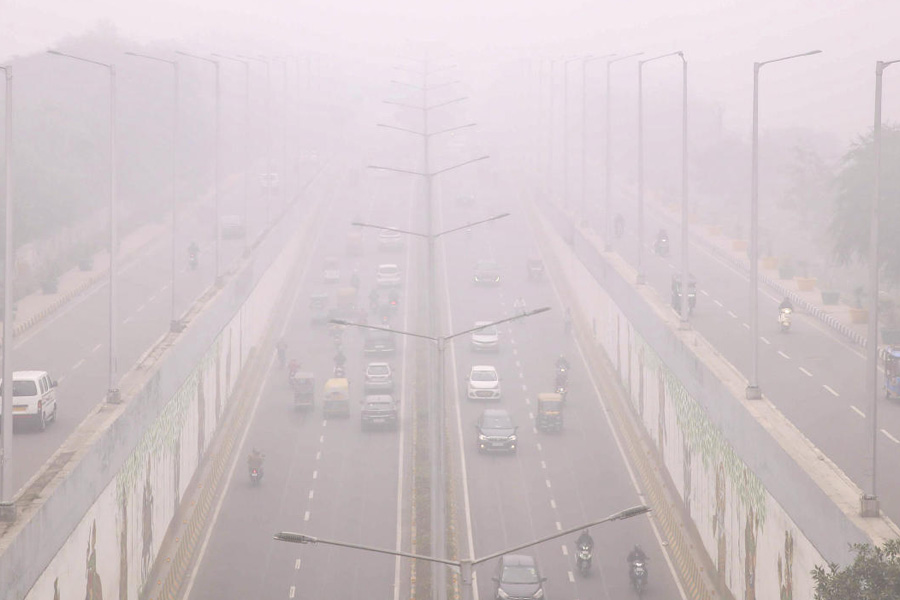US composer Angelo Badalamenti rose to fame on the back of his signature melancholic soundtracks for David Lynch films and TV series in the 1980s and 90s.
Having already provided the score for the seminal 1986 art thriller "Blue Velvet," his haunting piano composition that underlay key scenes in the surreal, celebrated TV series, "Twin Peaks," won him a Grammy in 1990.
From the Catskills to Twin Peaks
This was perhaps the composer's artistic peak during a brilliant career that began as a teenager playing piano to tourists in Catskills mountains resorts outside New York.
Born in 1937 in Brooklyn, Angelo Badalamenti was of Sicilian decent on his father's side and started playing piano aged 8 before attending the Manhattan School of Music.
In the 1970s, he wrote score for different action films, including the blaxploitation classic "Gordon's War" in the 1970s, and wrote songs for Nina Simone, among others.
His breakthrough came when he was asked to work on "Blue Velvet" — initially as star Isabella Rossellini's singing coach. He ended up creating a soundtrack that Lynch wanted to be "dark and a little bit scary," and a collaboration was born that would last the rest of his career.
He composed soundtracks for "Wild at Heart," "Lost Highway" and "The Straight Story," and worked with other directors including Jane Campion ("Holy Smoke!"), Danny Boyle ("The Beach") and Paul Schrader ("The Comfort of Strangers").
'He's got this musical soul'
In the recording studio, Badalamenti worked with the likes of David Bowie, Michael Jackson, Paul McCartney and Marianne Faithfull. He also wrote "The Flaming Arrow'' Torch Theme for the 1992 Barcelona Summer Olympics
But the score for "Twin Peaks" was perhaps his magnum opus.
"David felt that the music of 'Twin Peaks' would have to cover a lot of ground, a wide range of moods: sadness, passion, ecstasy, love, tenderness, and violence. He wanted the music to be dark and abstract," he said in an interview. "He asked me for music that would tear the hearts out of people.''
"He's got this musical soul, and melodies are always floating around inside," Lynch said of his chief musical collaborator, in a 1990 interview with People Magazine. "I feel the mood of a scene in the music, and one thing helps the other, and they both just start climbing.''
As a score composer, Badalamenti said he primarily wanted to fulfill the director's vision.
"I always have one major question for a director when I compose a soundtrack: what do you want your audience to feel?" he told NME music magazine in 2011. "I translate their words into music.''
Badalamenti was honored with a Lifetime Achievement Award from the World Soundtrack Awards academy in 2008, and the Henry Mancini Award from the American Society of Composers, Authors and Publishers in 2011.
According to Badalamenti's family, the composer died of natural causes on Sunday (11.12.2022). Badalamenti's niece Frances said the composer passed away at his home in Lincoln Park, New Jersey.











